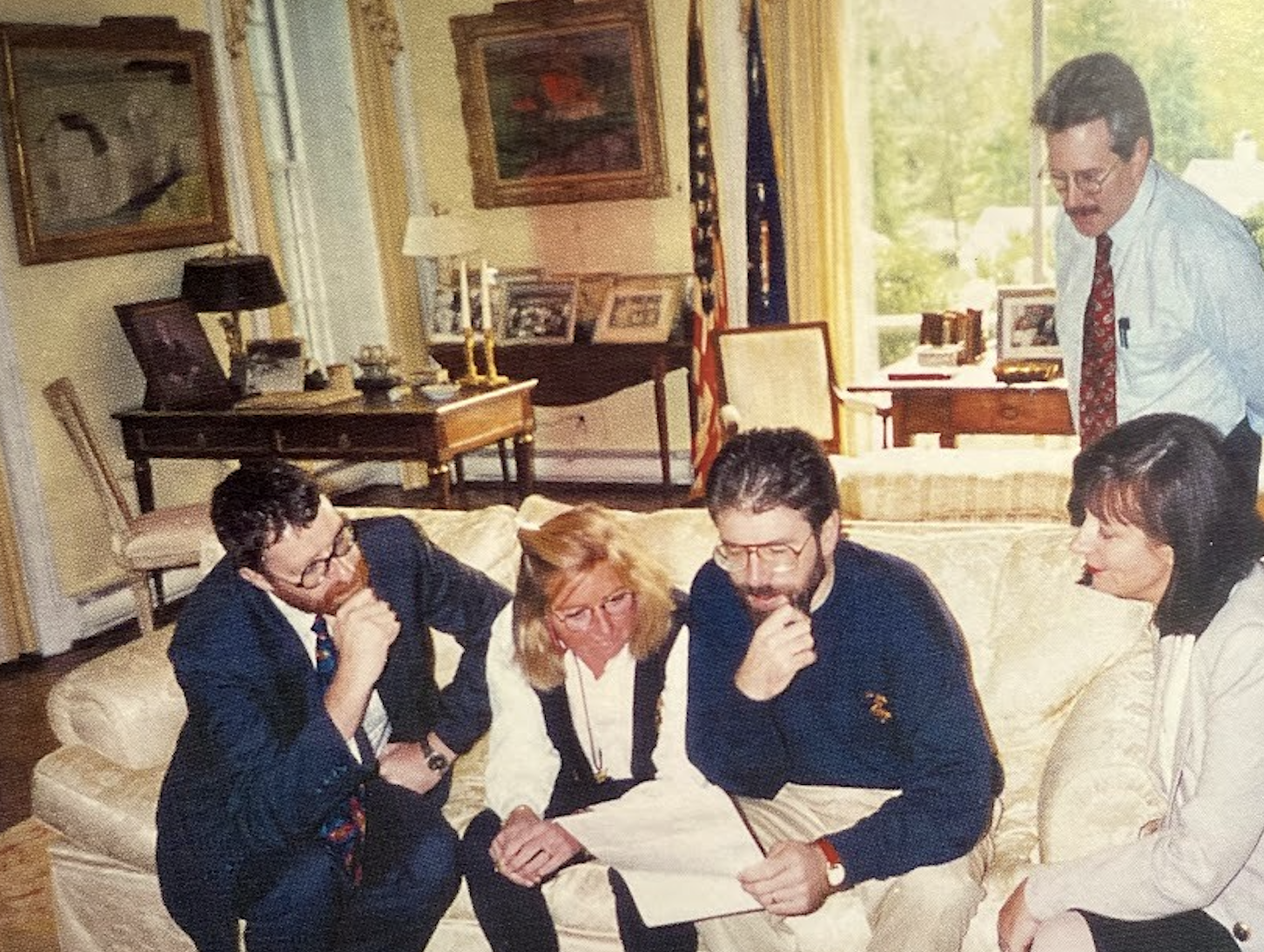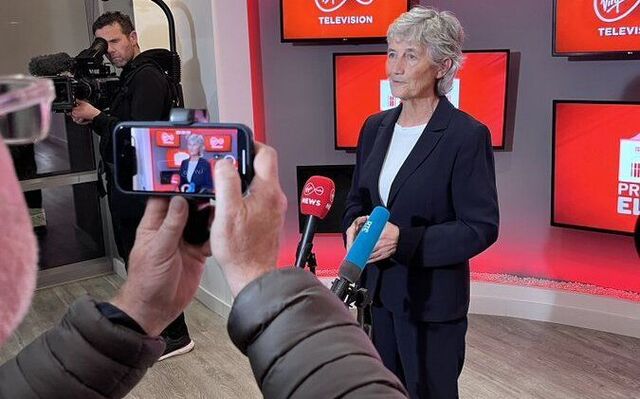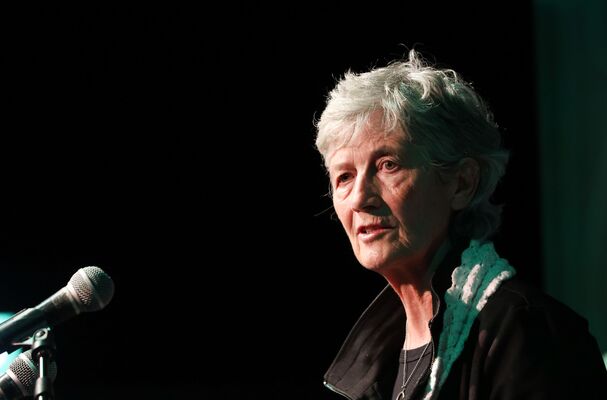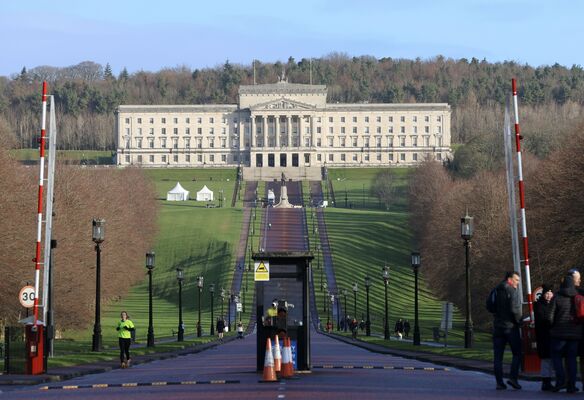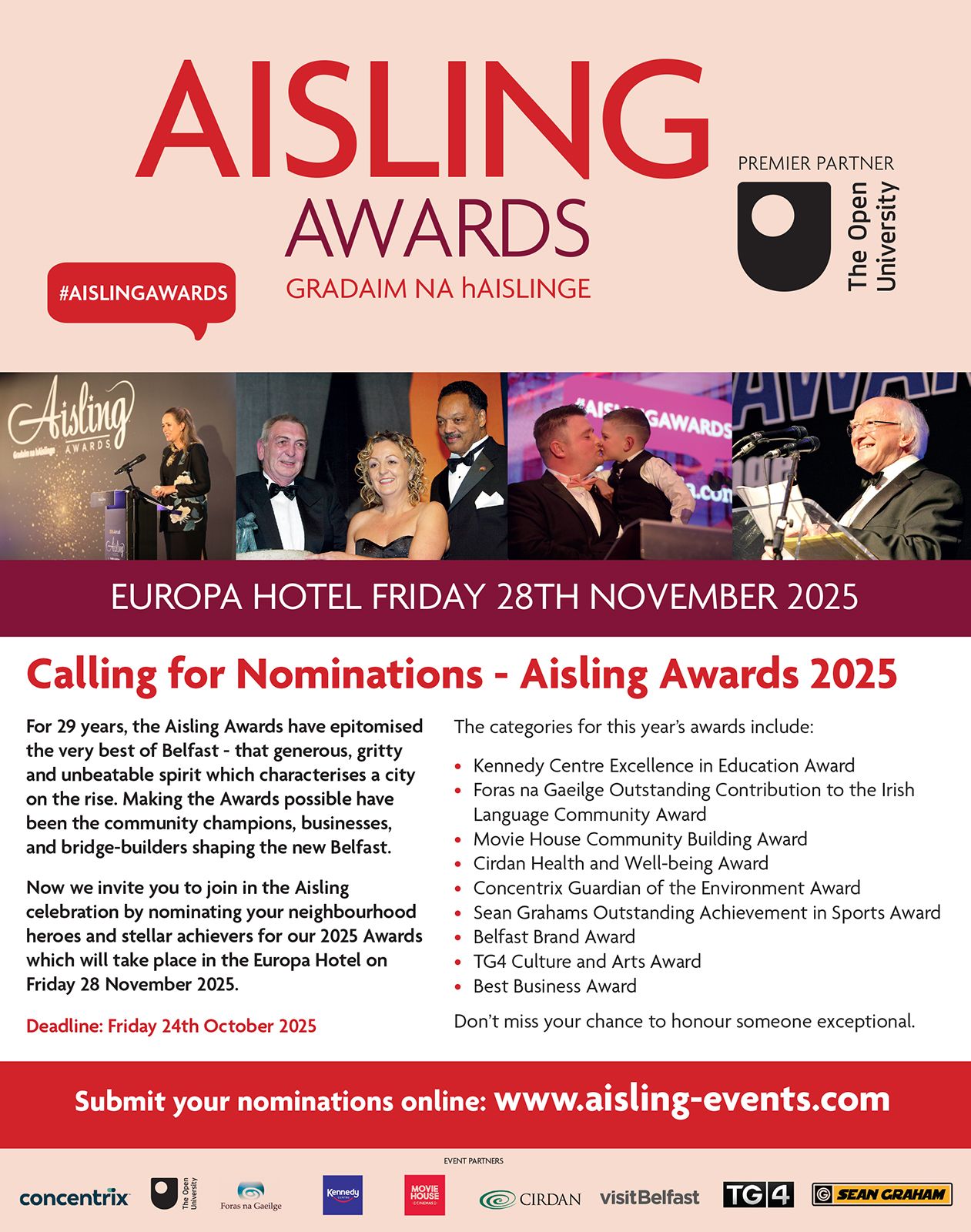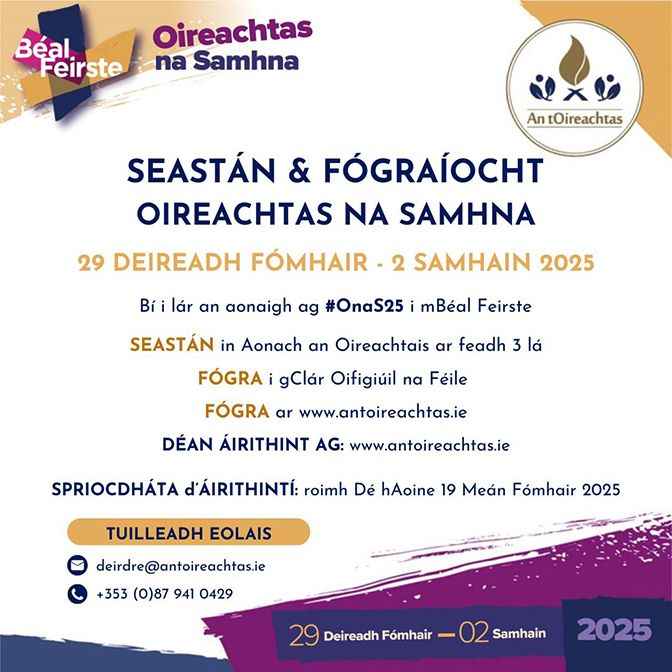IT was with sadness I heard last week of the death of Ethel Kennedy, the wife of assassinated US Senator Robert Kennedy. She was aged 96. Ethel Kennedy was with her husband in Los Angeles in 1968 when he was shot and killed. She was left to rear 11 children. It was a huge blow to her and to the family.
Ethel’s response was to found the Robert F. Kennedy Centre for Justice and Human Rights, along with her brother-in-law Senator Teddy Kennedy. The Centre advocates for gun control and human rights. She was also active in the Special Olympics, and in her eighties she took part in 2016 in a demonstration in support of higher pay for farmworkers in Florida.
The Kennedy family have had a long and enduring relationship with Ireland and in more recent decades with the Irish peace process. Over the years I have had the good fortune to meet many of them and to appreciate their commitment to Ireland. Jean Kennedy Smith, US Ambassador to Ireland between 1993 and 1998, played a pivotal role in the early days of the process and in the efforts to achieve the Good Friday Agreement, as did her brother, Senator Teddy Kennedy.
I have many fond memories of my engagements with the Kennedy family. One in particular stands out. Three weeks after the IRA cessation was announced on August 31, 1994, I flew to the USA. That visit was scheduled to last for three weeks and it was an important opportunity to speak to Irish America and to key political figures in Washington, including the administration. Looking back thirty years later, much of that trip is a bit of a blur but there are highlights, including landing in Boston where Senator Teddy Kennedy took time out of his senatorial election battle to meet me at Logan Airport and later to host a public event.
At the beginning of October, I was due to travel to Washington. Courtney Kennedy, Ethel Kennedy’s daughter, had kindly invited our group to stay at the family home of Robert and Ethel Kennedy – Hickory Hill – on our first night in DC. The week before, a unionist delegation had visited the White House where Vice President Al Gore had met them. I was told that there would be no meeting for us at the White House, no meeting with the Vice President, and that we would have to make do with a meeting in the State Department. I told the White House that to deny Sinn Féin the same access risked inflicting a serious blow on a fragile peace process.
I put a compromise proposition to the White House that I should speak to the Vice President over the phone and that this would be publicly announced as the end of the ban on White House contact with Sinn Fein. There then followed a series of phone calls over several days to get someone in the White House to agree to this.
When we reached Hickory Hill we were met by Courtney and her then husband, Paul Hill. Using the house phone, we concluded an agreement that would result in a five-minute phone call with the Vice President the next morning and a White House announcement that the ban on contact between Sinn Féin and the US government was lifted. I slept that night in Robert Kennedy's room.
At 8.35 am on Sunday, October 3, the White House rang. Courtney wanted me to take the call in her father's study, so I was sitting at Robert Kennedy's desk when Vice President Al Gore came on the line. After the initial “How are you” we discussed developments and I explained to Mr Gore the significance of the IRA cessation, Sinn Féin’s objectives and our view of the administration’s role in the peace process.
A few minutes later a fax came through from Tony Lake through the White House, officially telling me that the ban on direct US-Sinn Féin contacts was lifted, and inviting me to begin a process of engagement with the White House. This was to include Nancy Soderberg's participation in the State Department meeting that was to take place the next day. A short time later we drove into Washington. Courtney invited us to stop along the way and visit her father’s grave and the grave of President John F. Kennedy. She had brought flowers from the house and gave me some to lay at his memorial. We all stood about her in silent reflection. Like so many families in Ireland the Kennedys had been touched by violence and suffered much.
Etched on the remarkable gravestone is a quote from Robert Kennedy that resonates in our own time. “It is from numberless diverse acts of courage and belief that human history is shaped. Each time a man stands up for an ideal, or acts to improve the lot of others, or strikes out against injustice, he sends forth a tiny ripple of hope, and crossing each other from a million different centers of energy and daring those ripples build a current that can sweep down the mightiest wall of oppression and resistance." Robert F. Kennedy, South Africa, June 6, 1966.
A few years ago Ethel sent me a framed portrait of her husband. She very kindly signed it for me. She was a brave and a kind woman.
I want to extend my condolences to her family- to Kathleen, Joseph II, Robert Jr., David, Courtney, Michael, Kerry, Christopher, Max, Douglas and Rory. Her family can be very proud of her achievements. Ar dheis Dé go raibh a h-anam.
LAST week Friends of Sinn Féin in the USA organised the first of a planned series of public discussions on Irish unity and the role of Irish America and the USA in achieving that objective. The American events – and those in Canada that will come later –mirror the People’s Assemblies organised by Sinn Féin’s Commission on the Future of Ireland. They are intended to engage with the diaspora and others in North America and to help inform the work of the Commission and of Sinn Féin.
The first of the USA events took place in Cleveland, Ohio, and the second in Columbus, Ohio. Both events were packed out with hundreds of people from the Irish-American community coming together to discuss their role in securing Irish unity. The meeting in Cleveland was addressed by Newry and Armagh MP Dáire Hughes and the Columbus meeting was addressed Sinn Féin’s North America representative Ciaran Quinn.
ENGAGEMENT: Newry and Armagh MP Dáire Hughest addresing the audience in Cleveland, Ohio
Speaking at the event in Cleveland Dáire Hughes said: “Irish unity requires an Irish government to plan, prepare, and advocate for unity. That is what a Sinn Féin-led government in Dublin would do. An Taoiseach, Simon Harris, should stand up for Irish unity at home and in the White House. The Irish government needs to hear the voice of Irish America.”
The Newry and Armagh MP called on the Irish government to “establish a Citizens’ Assembly on Irish unity and use its resources to lay out a vision of a new and united Ireland. They also must work with the British government to set a timetable for referendums and a plan for an inclusive and respectful discussion on the future.”
He told his audience: “The US was essential in reaching the Good Friday Agreement. It also acted to safeguard progress when the British government sought to impose a hard border across the island as part of Brexit. Since its signing, the US has acted as a strong guarantor of the agreement. The US should continue to act as a guarantor of the agreement, ensuring its full implementation, including unity referendums.”
In the coming weeks, Friends of Sinn Féin USA will be hosting ‘People’s Assembly: Diaspora’ events in Washington DC, and Rockland, NY. There are more events planned for the remainder of the year and into next year.

